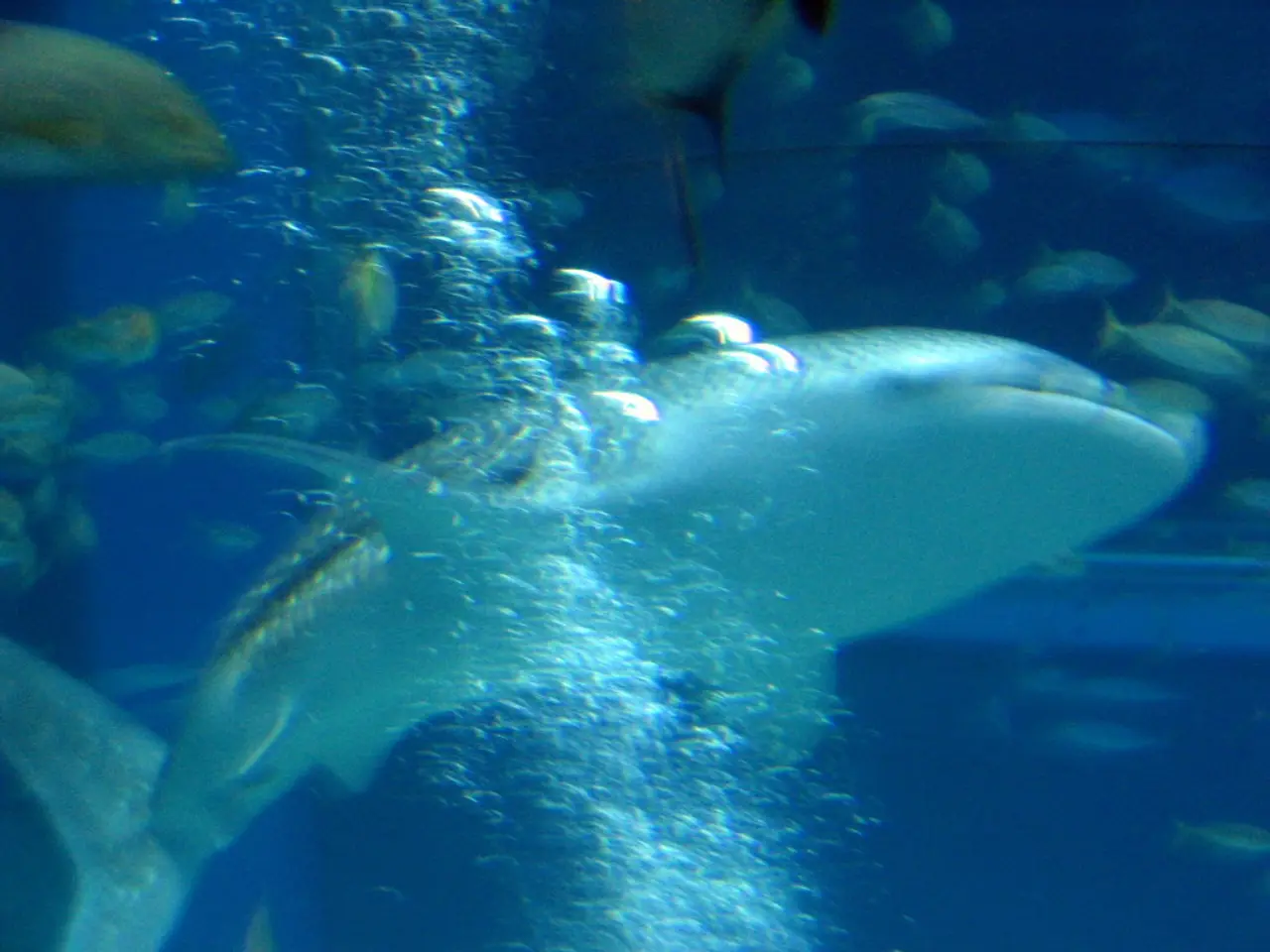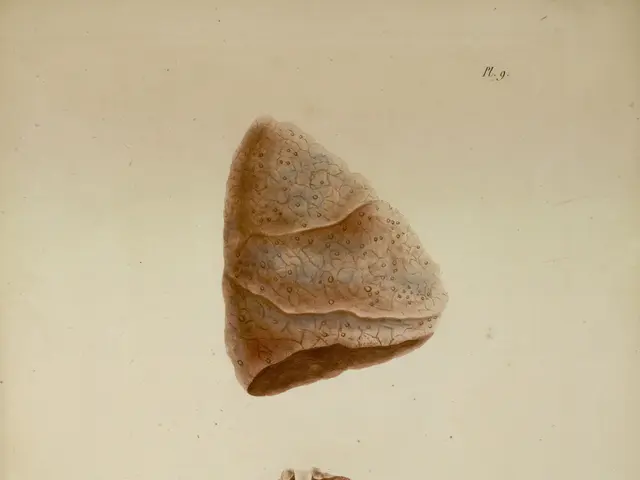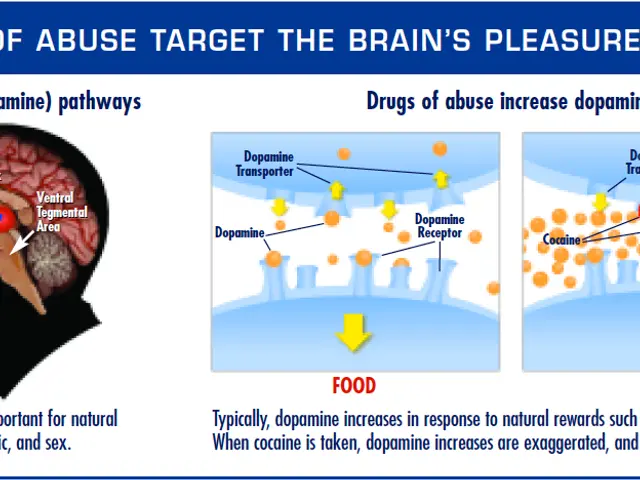Sharks' Teeth Could Undergo Unanticipated Alterations Due to Ocean Water Changes
The oceans, home to a vast array of marine life, are facing a significant threat in the form of Ocean Acidification. This process, triggered by the absorption of excess carbon dioxide (CO2) from the atmosphere, is causing the oceans to become more acidic.
Since the Industrial Revolution, human activities have significantly increased CO2 emissions, much of which is absorbed by the oceans. This absorption, in turn, raises the water's acidity, leading to a potential drop in the average ocean pH from 8.1 to 7.3 by the year 2300, making the seas nearly ten times more acidic than they are today.
This acidification severely impacts marine life by dissolving protective calcium shells of organisms like plankton, which are crucial to the ecosystem. This phenomenon likely affects the development of marine species such as sharks by disrupting their food sources and habitat conditions.
Sharks, despite their reputation for being tough and invincible, might not be immune to the effects of Ocean Acidification. Researchers from Heinrich Heine University in Germany have studied the effects of lower pH levels on blacktip reef shark teeth. These teeth, made of highly mineralized phosphates, are sharp and constantly growing, but become corroded as ocean acidity increases.
In experiments, researchers observed cracks, holes, and degradation in teeth exposed to more acidic conditions. The degradation of these teeth can have severe consequences for the sharks, as their teeth are designed to regenerate constantly and efficiently tear through prey.
If plankton and shellfish populations decline due to acidification, it could affect everything from fish populations to larger predators, including sharks. More research is needed to understand how Ocean Acidification could influence marine ecosystems, including the potential effects on sharks.
The degradation of coral reefs, which support over 25% of marine life, is a significant concern due to ocean acidification. The change in pH levels makes it more difficult for creatures that rely on calcium carbonate to build their skeletons or shells.
The acidification of our oceans is a ticking time bomb, with the oceanic ecosystem as a whole at great risk. The potential for cascading effects in the food chain is enormous due to ocean acidification, with consequences that are still not fully understood.
Over 600 discarded teeth from blacktip reef sharks were collected for the study, giving scientists a substantial sample size to analyze. These teeth also showed an increase in circumference due to irregularities in their structure, making them more fragile and vulnerable to damage.
In conclusion, the rising acidity of the oceans is a pressing issue that requires immediate attention. The degradation of shark teeth, coral reefs, and other marine life due to Ocean Acidification could have far-reaching consequences for the entire marine ecosystem. It is crucial for more research to be conducted to understand and mitigate the effects of Ocean Acidification on sharks and other marine species.
Read also:
- New York City Council Proposes Legislation to Eliminate Fluoride from Public Water Supply
- Impact of Alcohol Consumption During Pregnancy: Consequences and Further Details
- The cause behind increased urination after alcohol consumption is explained here.
- Toe joint arthritis: Signs, triggers, and further details








